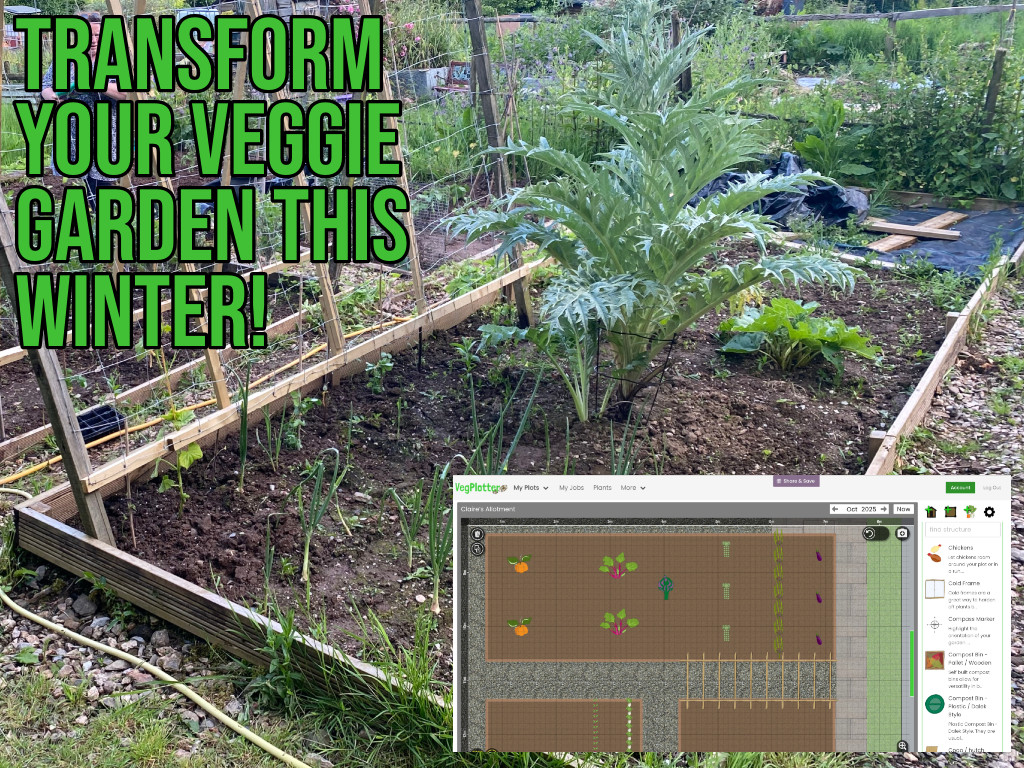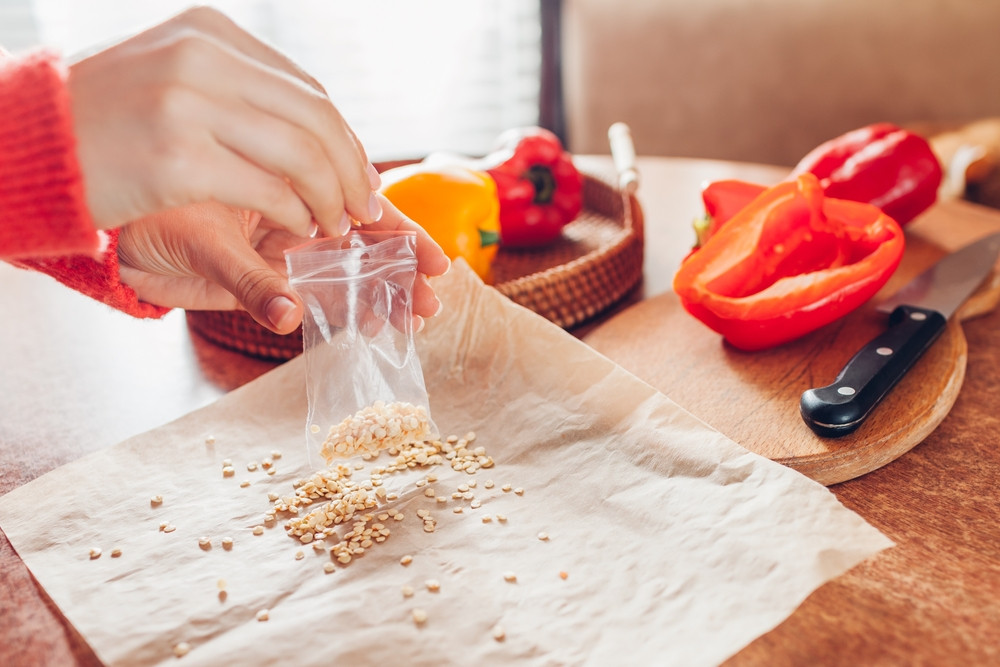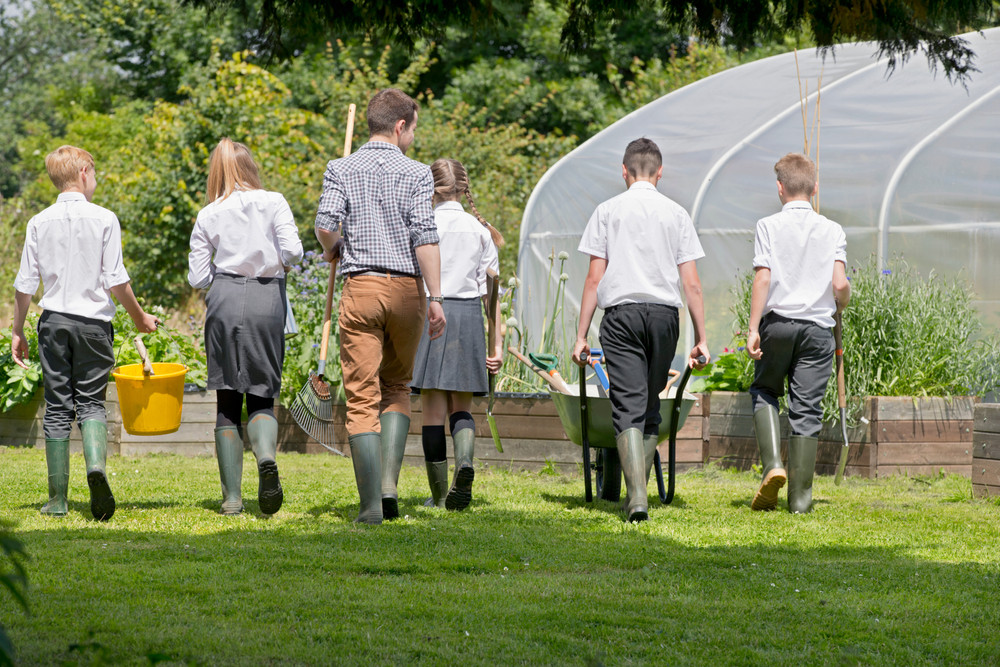Build a Free Compost Bin This Autumn
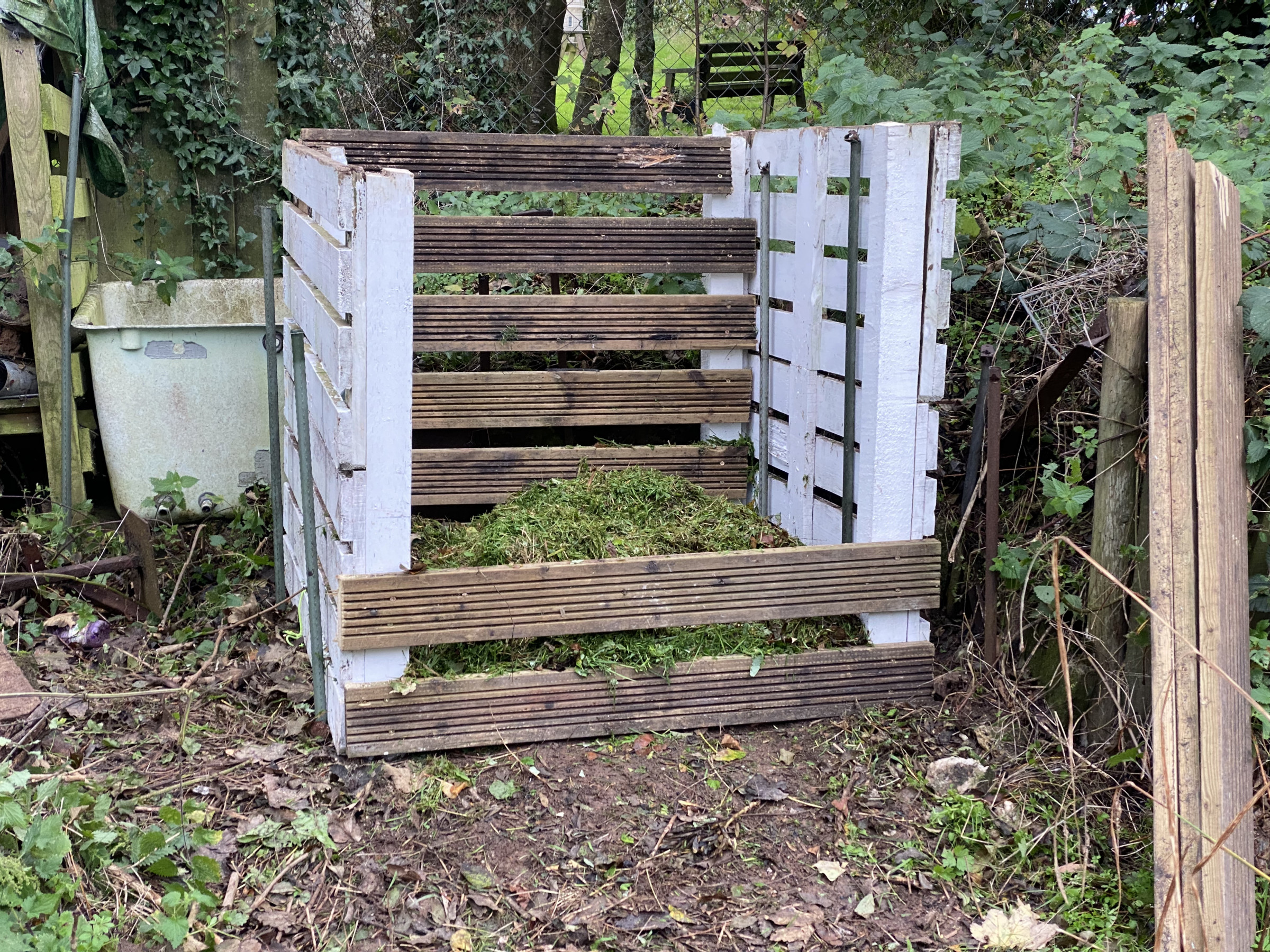
As September begins, autumn garden cleanup is upon us. This means a lot of organic waste, from fallen leaves to the remnants of this year's vegetable patch. Instead of throwing it all away, you can use it to make nutrient-rich compost for your garden. You don't need to buy an expensive bin; you can build a functional one for free using old pallets, old decking or wooden crates.
Why You Should Compost
Composting is a practical way to improve your garden and reduce waste.
- Improves Soil: Compost adds essential nutrients to your soil, improving its structure and ability to hold water.
- Reduces Waste: It diverts garden and kitchen scraps from landfill.
- Saves Money: You won't need to buy expensive soil conditioners or fertilisers.
How to Build Your Free Compost Bin
This project is simple and requires minimal tools. You will need three or four old pallets, old decking timber or large wooden crates of a similar size.
- Choose a Location: Find a level spot in your garden. A corner that is out of the way works well.
- Form the Walls: Stand three pallets up on their long edges to form a three-sided, U-shaped container, or a combination of old decking timber.
- Secure the Pallets: Use heavy-duty zip ties, strong wire, or screws to fasten the corners of the wood together. This creates a sturdy, open-fronted bin. If you have a fourth pallet, you can place it across the front, leaving it unattached so it can be easily removed when you need to access the compost.
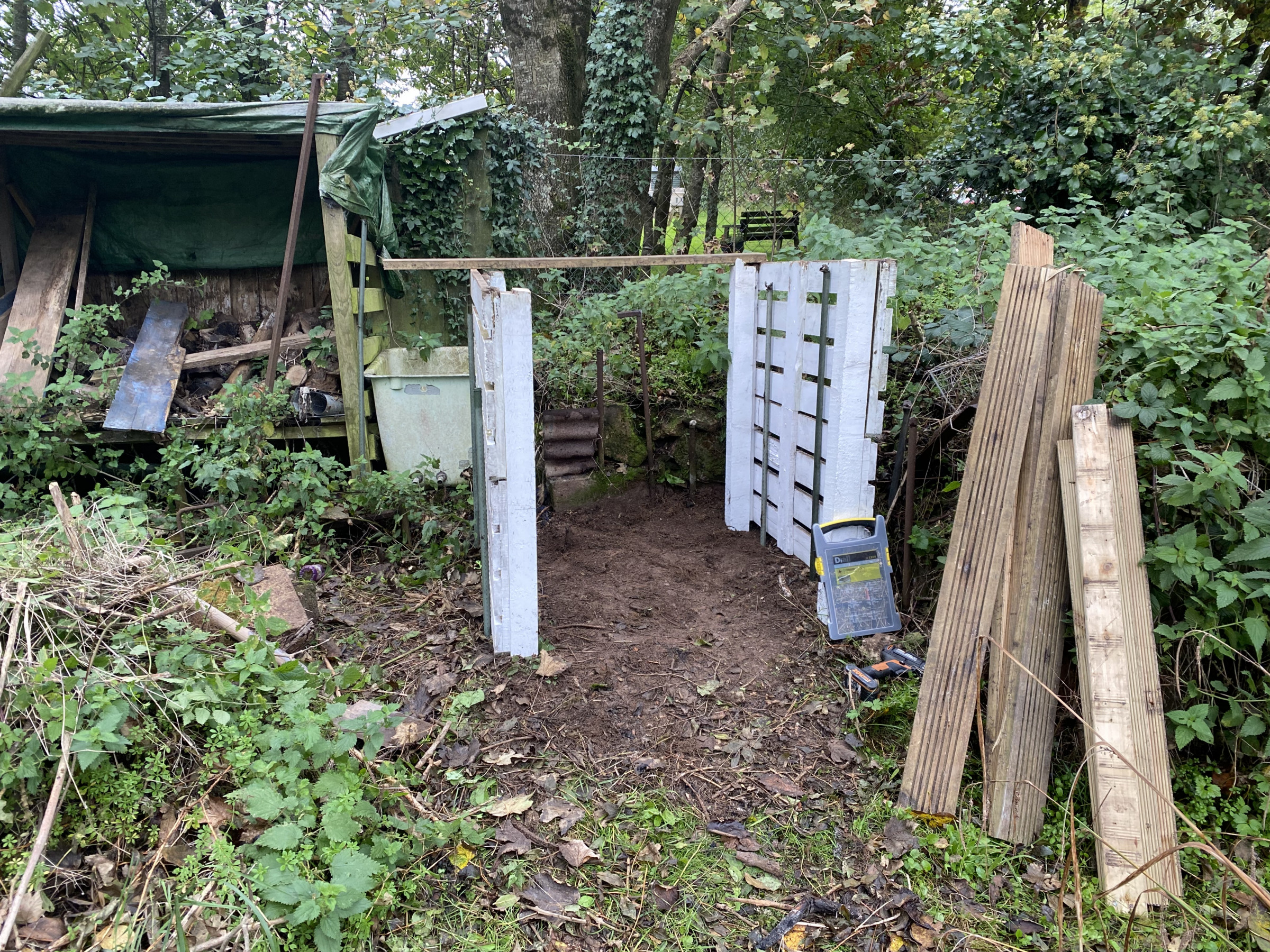
What to Put in Your Compost Pile
A good compost pile needs a mix of "green" and "brown" materials to decompose effectively.
-
Green Materials (for Nitrogen):
- Grass clippings
- Vegetable and fruit scraps from the kitchen
- Coffee grounds
- Spent vegetable plant stalks and leaves after harvesting
- Green plant cuttings
-
Brown Materials (for Carbon):
- Dry leaves (abundant during autumn cleanup)
- Small twigs and chipped branches (chop up tough stalks from brassicas or sweetcorn)
- Shredded cardboard and newspaper
- Straw or hay
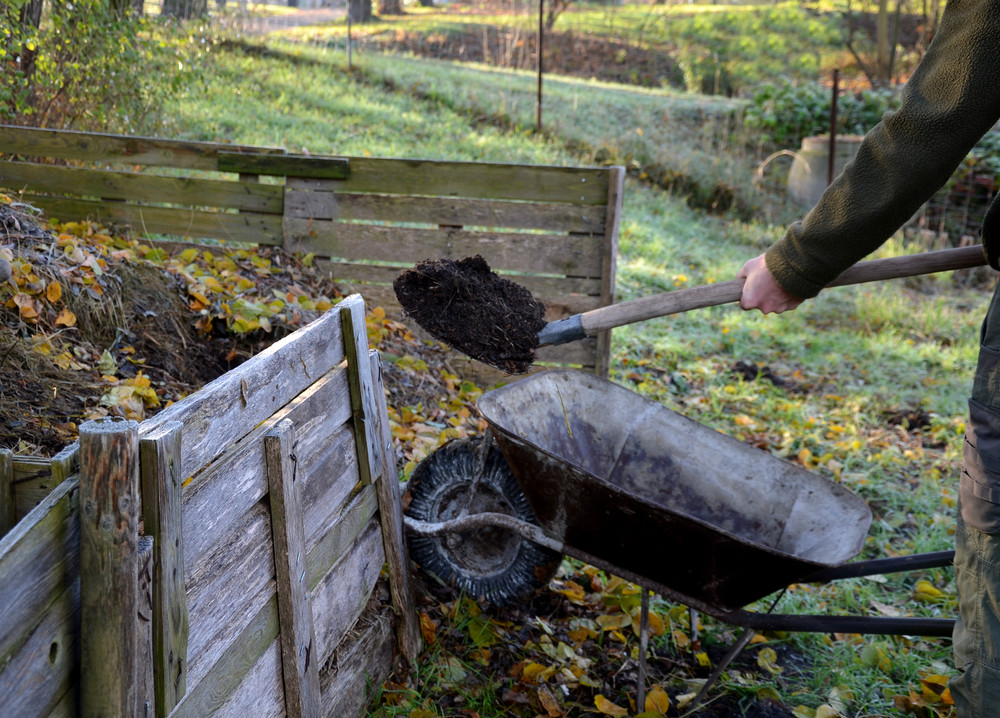
Vegetable Plants to Avoid Composting
While most garden waste is perfect for the pile, some plants should be left out to avoid problems later on.
- Diseased Plants: This is the most important rule. Avoid composting any plants showing signs of disease. Common UK examples include tomato or potato plants with blight, courgettes with powdery mildew, or brassicas (cabbage, broccoli) with clubroot. A home compost pile doesn't get hot enough to reliably kill these pathogens, and you risk re-infecting your garden next year.
- Potato Tubers: Do not add any potato peelings or old potatoes to the heap. They will almost certainly survive the composting process and sprout wherever you spread the finished compost.
- Rhubarb Leaves: The leaves are poisonous due to their high concentration of oxalic acid and should never be added to compost or fed to animals.
- Tough Perennial Weeds: Avoid adding weeds like bindweed, couch grass, or deep-rooted dandelions, as they can regrow from small fragments and spread throughout your garden.
Getting Started
Begin building your pile by putting a layer of twigs at the bottom of the bin for aeration. Then, start layering your green and brown materials. A good rule of thumb is to use roughly two to three parts brown material for every one part green material. Lightly water the pile as you build the layers to keep it damp, like a wrung-out sponge, but not soaking wet.
This autumn, use your garden cleanup to your advantage. By building a simple crate composter, you can turn your garden waste into a valuable resource that will benefit your plants for years to come.

